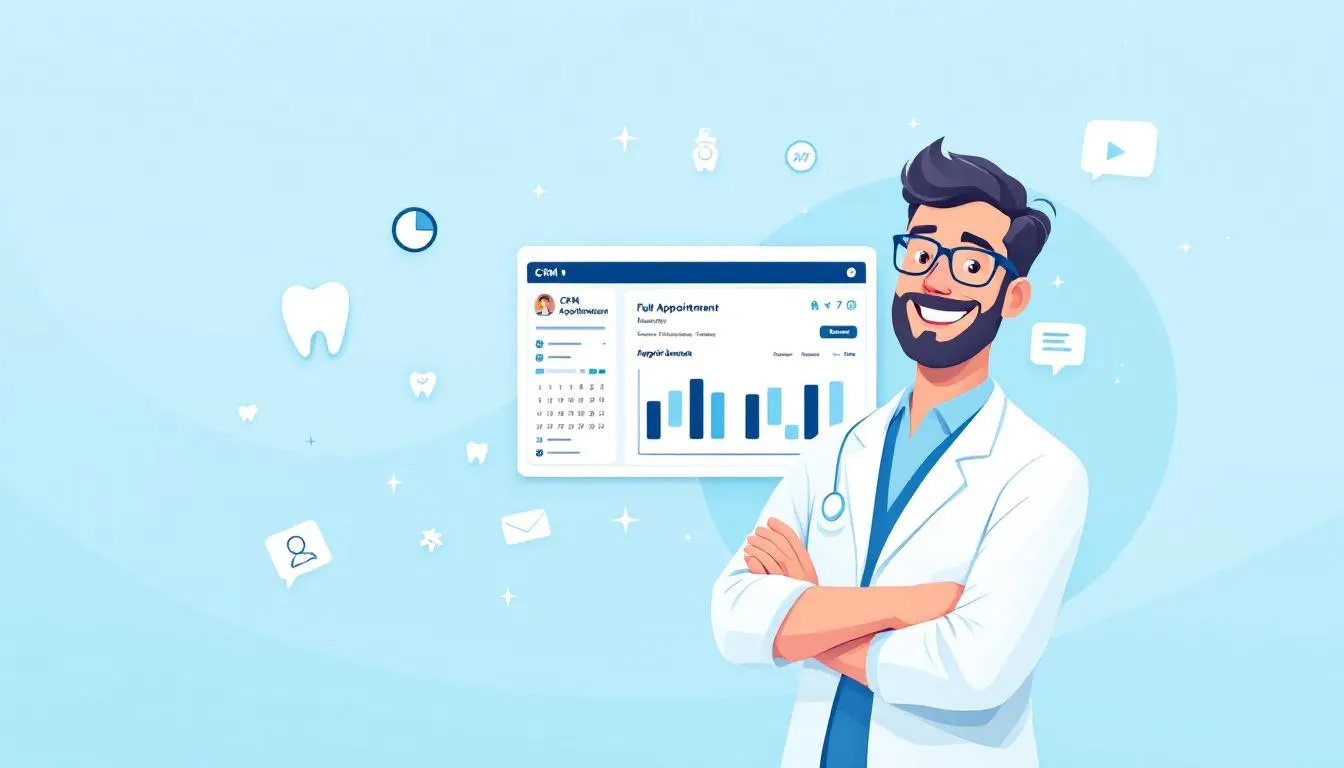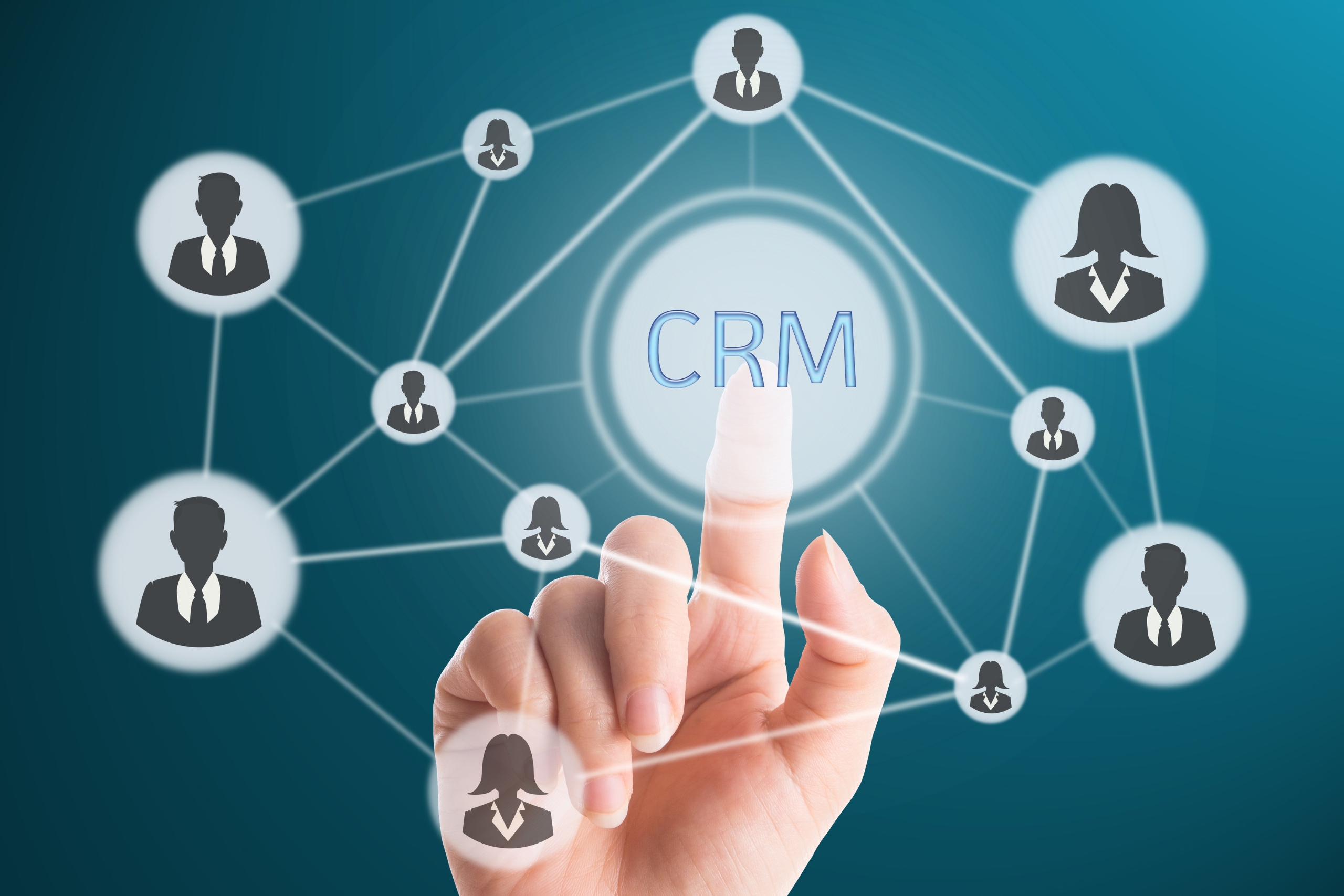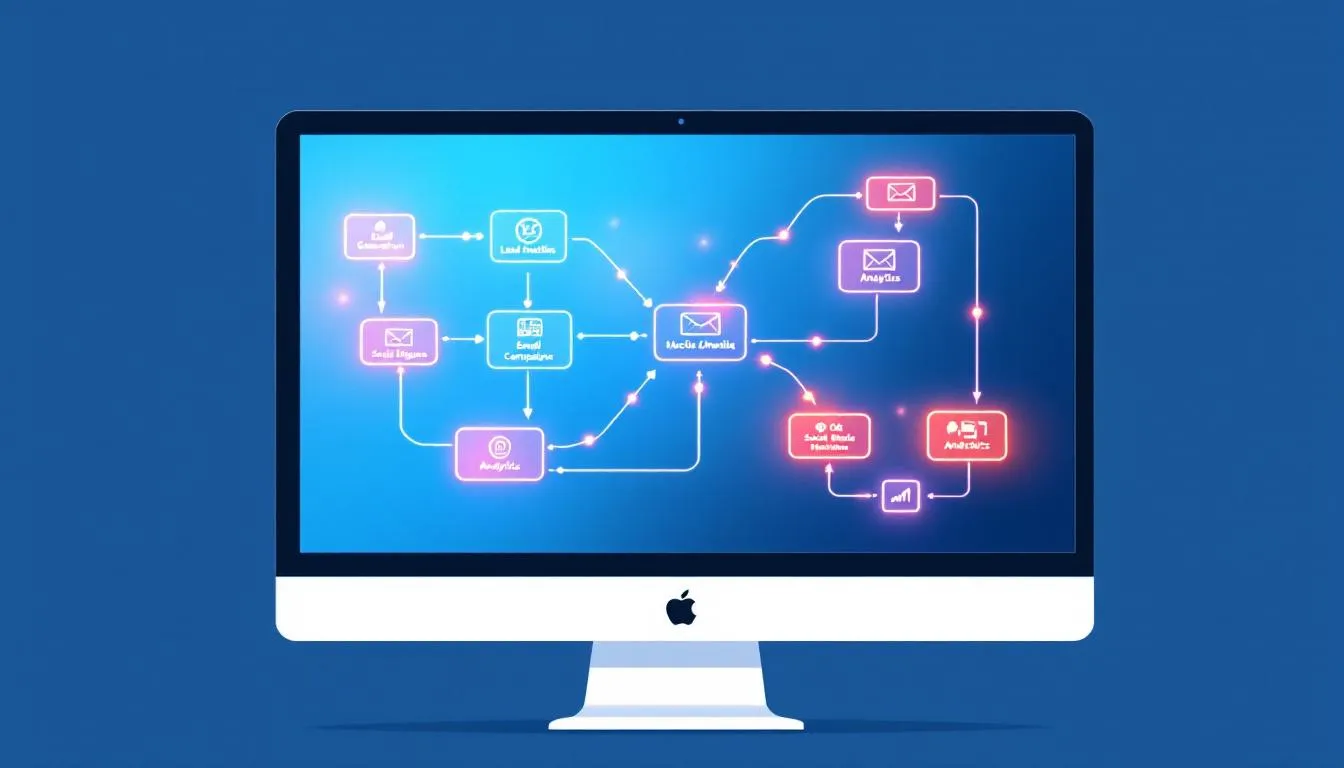Customer Relationship Management (CRM) tools are moving at the same speed as the world of lead creation. Companies no longer use basic systems to store information about their customers. Instead, they use smart, advanced tools to understand behavior, guess what will happen, and connect with people in useful ways. It’s not enough to just keep up with technology; we need to make experiences better and more specialized that lead to real growth. In the future of CRM trends, smart people, technology, and data will all work together. Companies who do advertising and marketing that know where CRM is headed will be able to remain ahead of the competition, obtain better leads, and transform one-time contacts into repeat consumers.
AI-Powered Personalization Becomes The Norm
AI is becoming more and more vital in CRM to make each offer unique. CRMs may deliver various messages to each lead thanks to AI. They look at more than just what individuals enjoy and how they behave to make sure everyone receives the proper message. Instead, they look at past contacts and behavior.
Imagine a system that knows what deals a customer will be interested in, when they are most likely to open an email, and how to get them to connect with it. It’s not from the future anymore; this is how things are done now. When firms use these tips, they can send the right word at the right time and make each touch feel unique. As CRMs get better, sales and marketing teams don’t have to guess as much and can instead plan and build relationships.
Predictive Analytics Drives Smarter Lead Targeting
CRMs store a lot of information, but it’s used in very different ways now than it was in the past. Predictive analytics is getting better at helping businesses find leads that are most likely to become buyers. Businesses don’t have to go with their gut; they can use CRM data to find out lead scores, guess how leads will act when they buy, and then figure out the best way to get in touch with them.
A CRM could look at thousands of old contacts to learn something like this: people who browse in a certain way are 40% more likely to buy something. Then, teams can carefully split their resources, focusing on stars with a lot of potential while also slowly growing others. Next year, prediction analytics will be a big deal in CRM. It will speed things up and increase the overall conversion rate.
This way of thinking based on facts can help you see how it works in the real world. To learn more, read How CRM Makes Leads Better. Leads can be better with CRM systems because they make it easy to talk to them and keep track of them.
Seamless Integration With Other Platforms
The first CRMs worked on their own a lot of the time. Companies had to add data from ad managers, email platforms, and customer service tools by hand. They will work even better from now on. A CRM is designed to function nicely with a lot of different products.
This connection makes it easy to transport data across sales, marketing, and customer support platforms. Now you can view everything about every lead and user. If your CRM is connected to your advertisements, social media, email marketing platforms, and support lines, your team can monitor the complete path of each lead in real time. This larger view helps individuals see things they may have missed before, so they don’t lose out on chances all the time.
The norm is to connect things more and better, and CRMs are becoming command centers instead of merely tools. There are a lot more leads that will become buyers with this related method.
Real-Time Engagement Becomes Essential
Getting information quickly is more important than ever. People who are interested today should hear back pretty quickly. New CRM systems will let teams talk to each other in real time, so they can answer questions, change records, and act right away.
A CRM can quickly send a personalized follow-up email, let a salesperson know, and set an alarm to remind you to get in touch again after a lead fills out a form. This amount of reaction not only makes things better for the lead, but it also makes it much more likely that they will convert. When you can talk to people in real time, interesting times become chances to do something before they’re gone
People and businesses that don’t act quickly may lose out in the next few years. You will need CRM tools that let you talk to people right away if you want to stay ahead of the competition.
Data Privacy And Trust As A Competitive Advantage
As CRMs get better, they handle more private customer data. More people are worried about their privacy, so security and access will be very important in the future of CRM. There is no doubt that companies that can offer to keep their leads’ information safe will be ahead of those that can’t.
CRM systems are quickly getting more and more tools for improved security, permission-based marketing, and compliance. Businesses aren’t just interested in technology; they’re also trying to build trust by being open and careful with data. Folks who feel safe with your company are more likely to share details, connect with content, and stick with you over time. As the world of CRM changes, trust is becoming just as important as anything else.

Conclusion
CRM will not only get new features in the future, but it will also change how businesses deal with their clients. Artificial intelligence (AI) is making CRMs better as growth engines. They now have fluid communications, real-time interaction, AI that makes things more personal, and tight guidelines about how to secure data. These trends help organizations receive more leads, manage their work better, and meet a lot more people in person. If groups and organizations want to remain ahead, they need to understand and utilize these new concepts straight soon. Businesses may not only stay up with but also lead by embracing the future of CRM trends today.




